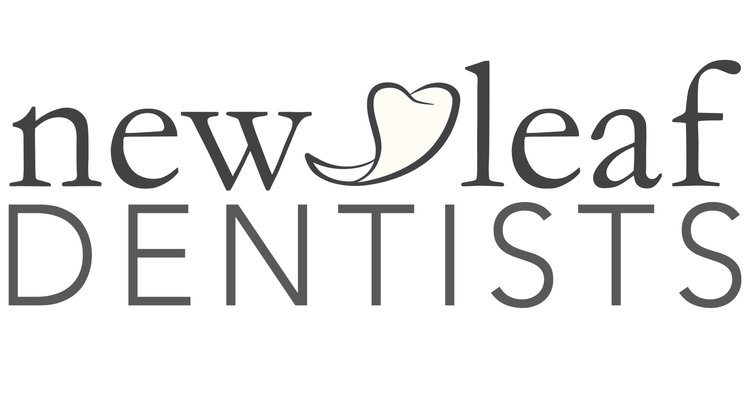Media attention in recent times has put a spotlight on breaches in infection control standards in dental practices, causing public worry and fear. As an infection control educator in Australia and New Zealand, I cannot emphasize enough how this should be at the forefront of every dental health provider’s mind.
The good news is that the Dental Board of Australia has strict guidelines on infection control that outline how to prevent or minimise the risk of spreading infectious diseases in dental practice. This is readily available for all dental practitioners to implement, therefore there’s no excuse for them not to have one in place.
As a patient, you have the right to know whether your dentist is compliant with these guidelines or not, so that you can be confident that your health is not at risk.
Standard Precautions of Infection Control in the Dental Practice
Hand Hygiene: Since hands are the most common mode of disease transmission, it is important that your practitioner regularly cleans his/her hands before and after patient treatment.
Personal Protective Equipment (PPE): This involves wearing of gloves, masks, gowns, protective eye wear for the health care worker, and protective eye wear for the patient. This is to protect the skin and the mucous membranes from exposure to infectious or potentially infectious materials in spray or splatter.
Environmental Surfaces: Dental health care providers must know the contaminated zones and clean zones within the operatory area. Contaminated areas must be cleaned and disinfected following every patient’s treatment.
Patient Care Equipment: This includes reprocessing of instruments that must comply with Australian and New Zealand Standards AS/NZS 4815 “All steps necessary to make a contaminated reusable device ready for its intended use”. Each reusable instrument must be cleaned, inspected, sterilised using steam sterilisers (also knows as “autoclave”) and stored in a clean, dry place. This process needs to be monitored and if possible, tracked regularly. Any disposable single-use items must be disposed of after use.
Injury Prevention: This involves the handling of sharps, contaminated waste, and the management of spills and potentially infectious matter.
Our sterilisation bay
where each instrument goes through a stringent process to ensure the safety and health of our patients.
It is imperative that all dental practices have infection control protocols in place. It is an obligation by law that each registered dental practitioner complies with the standards.
At New Leaf Dentists, we take our infection control very seriously and have stringent protocols to ensure we continuously comply with Australian Standards.
I hope that this information will guide you in knowing what to expect from your preferred dentist in the area of infection control.
'Til next time!
Dr. Rouel Vergara DMD

